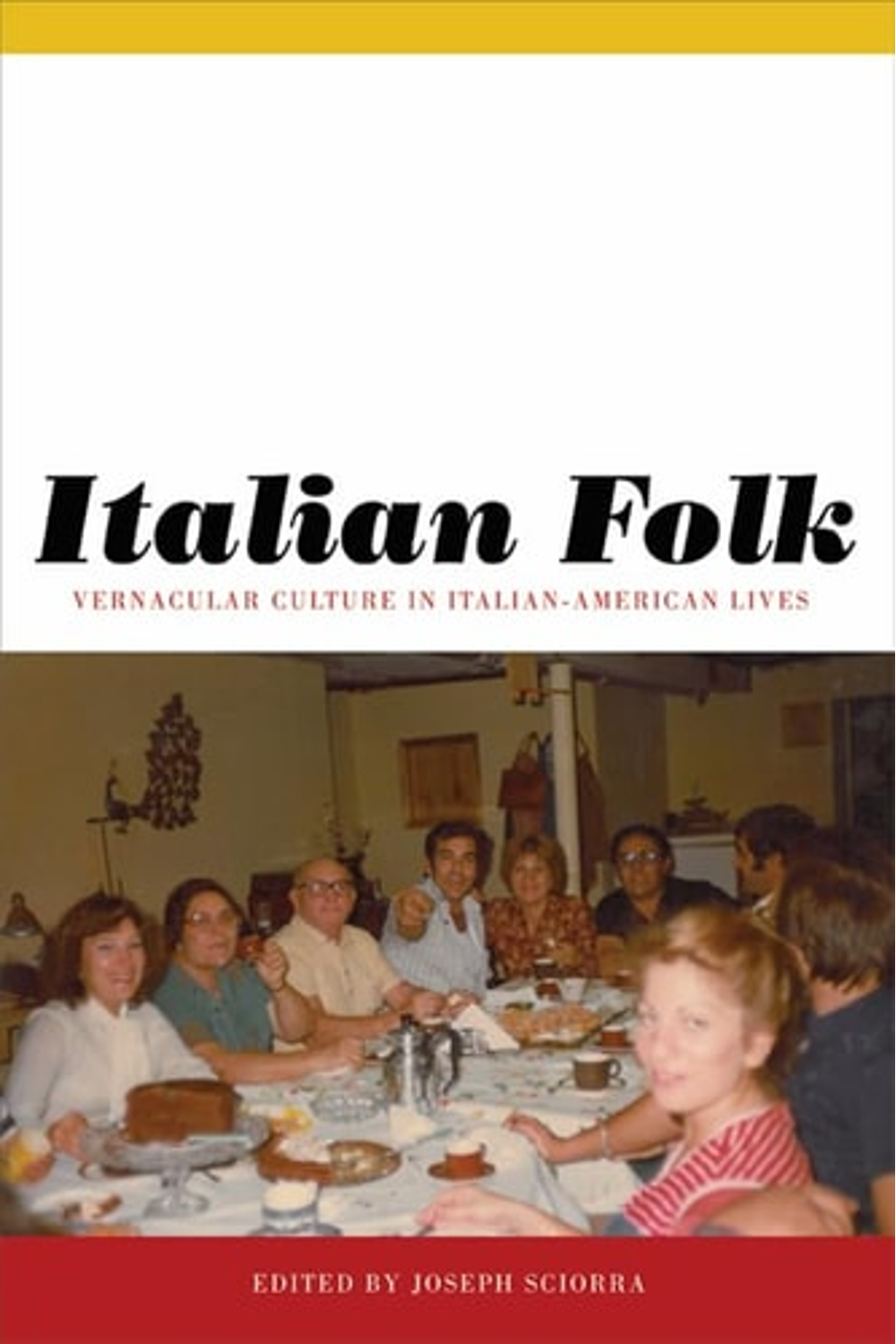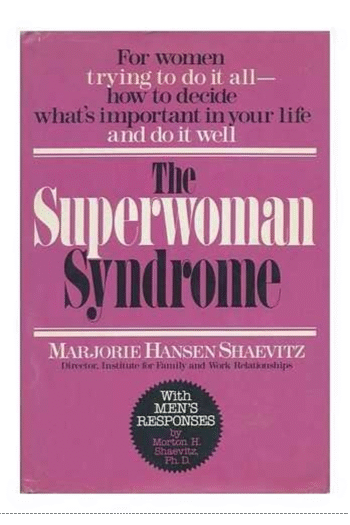Explore the vibrant and multifaceted Italian-American experience with *Italian Folk: Vernacular Culture in Italian-American Lives*, edited by Joseph Sciorra. This collection transcends stereotypical portrayals, diving deep into the everyday traditions and expressive culture that shape Italian-American identity. Uncover the hidden meanings behind seemingly simple customs like Sunday dinners and backyard gardens, and discover how folklorefrom regional music to religious practicesacts as a dynamic force in a community constantly negotiating its place in American society. Sciorra’s insightful compilation, published by Fordham University Press, offers a fresh perspective on the ongoing process of cultural adaptation, revealing the resilience and creativity of Italian Americans as they navigate their heritage in a changing world. A must-read for anyone interested in ethnic studies, American folklore, and the rich tapestry of Italian-American life.
Italian Folk: Vernacular Culture in Italian-American Lives (Critical Studies in Italian America)
19,50 $
In stock
Sunday dinners, basement kitchens, and backyard gardens are everyday cultural entities long associated with Italian Americans, yet the general perception of them remains superficial and stereotypical at best. For many people, these scenarios trigger ingrained assumptions about individuals beliefs, politics, aesthetics, values, and behaviors that leave little room for nuance and elaboration. This collection of essays explores local knowledge and aesthetic practices, often marked as folklore, as sources for creativity and meaning in Italian-American lives. As the contributors demonstrate, folklore provides contemporary scholars with occasions for observing and interpreting behaviors and objects as part of lived experiences. Its study provides new ways of understanding how individuals and groups reproduce and contest identities and ideologies through expressive means.
Italian Folk offers an opportunity to reexamine and rethink what we know about Italian Americans. The contributors to this unique book discuss historic and contemporary cultural expressions and religious practices from various parts of the United States and Canada to examine how they operate at local, national, and transnational levels. The essays attest to peoples ability and willingness to create and reproduce certain
cultural modes that connect them to social entities such as the family, the neighborhood, and the amorphous and fleeting communities that emerge in large-scale festivals and now on the Internet. Italian Americans abandon, reproduce, and/or revive various cultural elements in relationship to ever-shifting political, economic, and social conditions. The results are dynamic, hybrid cultural forms such as valtaro accordion music,
Sicilian oral poetry, a Columbus Day parade, and witchcraft (stregheria).
By taking a closer look and an ethnographic approach to expressive behavior, we see that Italian-American identity is far from being a linear path of assimilation from Italian immigrant to American of Italian descent but is instead fraught with conflict, negotiation, and creative solutions. Together, these essays illustrate how folklore is evoked in the continual process of identity revaluation and reformation.
| Authors | |
|---|---|
| Binding | |
| Condition | |
| ISBN-10 | 0823232662 |
| ISBN-13 | 9780823232666 |
| Language | |
| Pages | 288 |
| Publisher | |
| Year published | |
| Weight | 390 |
| Edition | Illustrated |
| Dewey decimal | 398.208951073 |
Related products
-
The Legacy
13,17 $ -
The Superwoman Syndrome
15,87 $
- Additional information
- Currencies
- USD – United States dollar
- EUR – Euro
- GBP – Pound sterling
- CNY – Chinese yuan
- BRL – Brazilian real
- MXN – Mexican peso
- JPY – Japanese yen
- PHP – Philippine peso
- THB – Thai baht
- PLN – Polish złoty
- CAD – Canadian dollar
- MYR – Malaysian ringgit
- AUD – Australian dollar
- TWD – New Taiwan dollar
- CZK – Czech koruna
- SEK – Swedish krona
- HUF – Hungarian forint
- ILS – Israeli new shekel
- CHF – Swiss franc
- HKD – Hong Kong dollar
- DKK – Danish krone
- SGD – Singapore dollar
- NOK – Norwegian krone
- NZD – New Zealand dollar





